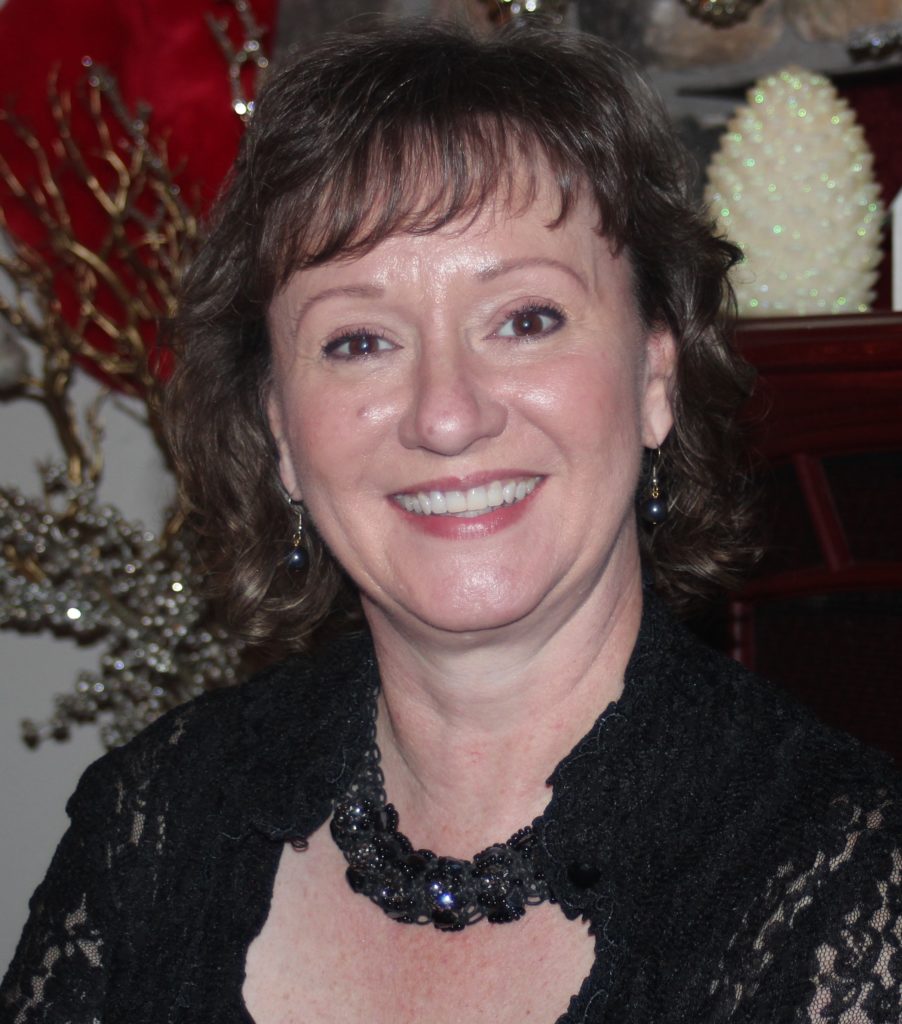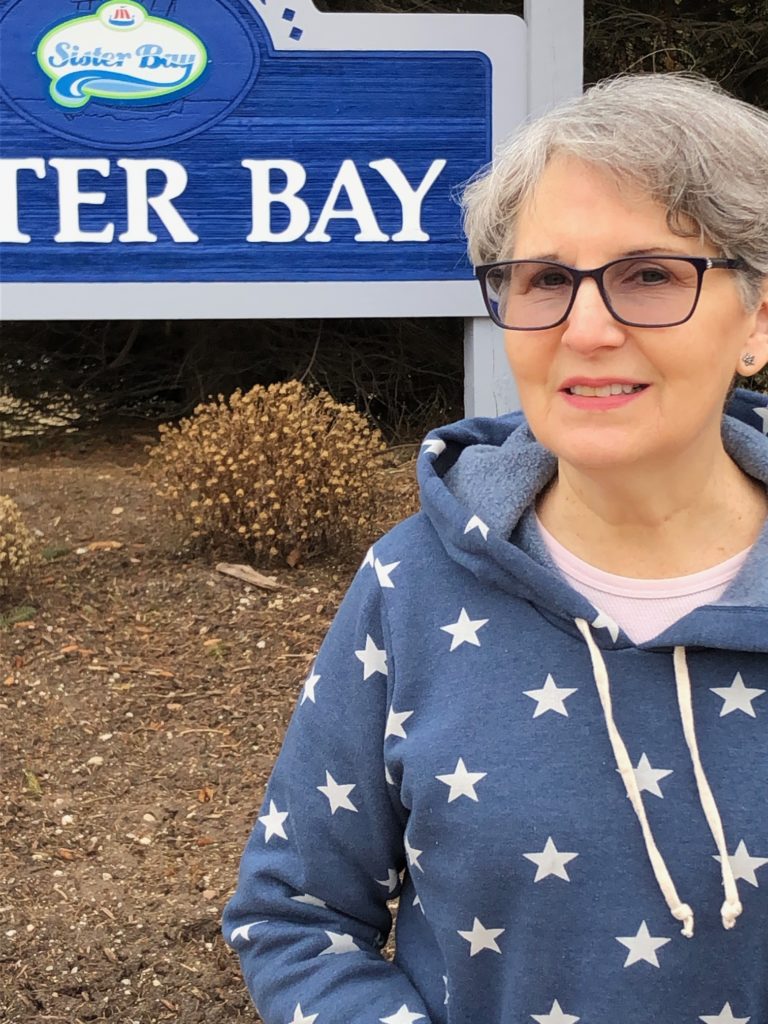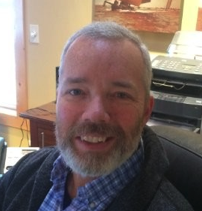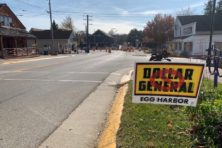Candidates: Village of Sister Bay Trustee
- Share
- Tweet
- Pin
- Share

Five candidates for three positions
Rob Zoschke
Zoschke, 54, has served as a trustee since 2016 and holds a B.A. from Lake Forest College. He has twin 10-year-old daughters.
Denise Bhirdo
Bhirdo, 55, is a Gibraltar graduate who has served as village president or trustee for a total of 22 years. During that time, she has served on the Economic Development, Finance, Fire Board, Parks, Property and Streets, Personnel, Planning, Sister Bay Advancement, Utilities, and Waterfront Oversight Committees.

Vivian Nienow
Nienow, 64, lives in Sister Bay with her husband and has two adult children. She serves on the leadership team of the Bridges organization, working with international student workers. She said she became interested in local government when the concerns of neighbors about a proposed development weren’t being “truly respected.”

Laura Wilker
Wilker, 39, moved to Door County in 2003 and has two children at Gibraltar. She earned a B.A. in arts administration at UW-Stevens Point and has worked as a manager at On Deck for six years. Prior to that, she was an assistant director at Peninsula Music Festival.

Patrick Duffy
Duffy, 52, and his wife, Julie, have three sons, two of whom attend Gibraltar. Duffy graduated from Marquette University in 1990 with a B.B.A. For 10 years, he has been a village trustee and is or has served as a member or chair of the Finance, Personnel, Utilities and Marina Committees. He’s also served on the Plan Commission, Fire Board, Historical Society and Door County Economic Development Committee.

What attributes and skills do you bring to the village board?
Rob Zoschke (RZ): My village service record proves I serve the community, not any self-interest.
Denise Bhirdo (DB): As the longest-serving member of the Village Board, I bring institutional knowledge; and as chair of the Planning Commission for 17 years, I know the zoning code better than anyone else. That knowledge allows me to hold developers accountable to the code – for example, the Dollar General proposal and a four-story condo that was proposed for a downtown parcel.
Vivian Nienow (VN): I will bring some balance. I am not involved in a business, and although we all benefit when local businesses do well, I don’t always see the concerns of the residents being represented as well as they should be.
Laura Wilker (LW): I am open and honest and a strong communicator, all of which is so desperately needed in leaders, now more than ever. I care deeply for the future of our village, and I wish to see Sister Bay and Door County continue in a responsible manner.
I am personally invested here in both family and career. I want to ensure that other families have the best chances to put roots down. I am part of the ever-growing and underrepresented workforce that keeps Sister Bay open and thriving. I think I can speak on behalf of my fellow service-industry colleagues and get them actively engaged in our current affairs after what I’ve noticed is a gap in representation of our demographic.
Patrick Duffy (PD): For those of you who have attended or watched a recording of a village meeting, you know I bring passion, energy and a holistic view and approach. I speak from the heart but rely on data to make sound and fiscally responsible recommendations and decisions.
As a father of three, my goal is to continue to work toward a Sister Bay that’s a great place for families, with projects like our beach expansion, skate-rink improvements and community garden, as well as keeping it a safe place for all, as evidenced by our recent COVID-19 Task Force collaboration.
As a business owner myself, I know it’s important to foster a vibrant, diverse and growing business community while also trying to balance and preserve what makes Sister Bay and Door County special. This desire to retain our charm and balance growth is something I am ever cognizant of.
Affordable housing continues to be an issue in Door County. What options should the village pursue, if any, to encourage or facilitate the development of affordable rental units and homes for purchase?
RZ: The county as a whole needs to start admitting the topic is attainable housing. “Affordable” is a misnomer. Many people’s opinion of “affordable” housing is not affordable for working residents and people considering jobs here.
DB: Since I was first elected to the board, affordable housing has consistently been a topic of conversation. In recent years, we have seen private developers build new apartments that have been desperately needed, but most of those rents begin at $1,100. I do not deem that to be affordable for much of our workforce. I believe that the village must initiate affordable housing and work with the Door County Housing Trust to achieve this goal.
VN: I didn’t really understand how big the problem is until I attended meetings concerning the issue. The county has been working hard to find solutions, and Sister Bay needs to work with it.
Two eight-unit apartment buildings were built at Stoney Ridge – all two-bedroom, two-bath units. The village recently approved three more eight-unit apartment buildings across from them – also two-bedroom, two-bath units. I would have liked to ask the developer if they could build some one-bedroom, one-bath units instead to offer a less expensive option.
I have seen problems occur in city suburbs when the lower-cost units were grouped together. It might be better if the more affordable units could be scattered throughout the village. The people studying the issue for the county don’t think the Vrbo/Airbnb homes are affecting the availability of affordable homes, but investors may be driving up prices. The village could reduce the minimum size of new homes or allow two-family homes in more areas to make building more affordable.
LW: This is not a problem any one municipality can solve. I would suggest channeling the existing groups already working on the housing challenges through the Door County Land Use Services Department, DCEDC and the Housing Trust that has recently been created.
There are government grants available to help underwrite the costs of developing affordable rental units, and I would suggest looking at Egg Harbor’s initiative to restrict vacation-rental homes. Although I am aware that we cannot deny the owners the right to buy/rent these properties, we can impose tighter restrictions, making it less attractive and leaving the starter-home housing stock more available to our young families that are trying to start out.
Until we find the solution, we are looking at a lack of workforce, causing reduced hours or businesses being forced to close permanently. It is nearly impossible to find affordable housing for newcomers and seasonal employees, much less for current year-round residents.
PD: I believe the Village of Sister Bay has been and will continue to be at the forefront of affordable-housing development in northern Door County. Fostering regular communication with local, county, state and regional developers, builders, banks and housing authorities to encourage smart, well-planned, affordable housing should remain one of the top priorities for our Village Board and Plan Commission.
Sister Bay has seen a lot of new businesses and development since opening the waterfront and reconstructing the highway. Should the village enact any new policies or approaches to control or limit development?
RZ: I suggest to my fellow trustees that this would be a good topic to include in a town hall-type meeting for residents to share their thoughts directly with the Village Board.
DB: Whether people like it or not, if your community does not grow, it dies. What is important is smart growth and a zoning code that dictates how you want your community to evolve. The Planning Commission is constantly analyzing how the written word of the code relates to development. In other words, do the words of the code say what we mean? We are frequently changing bits and pieces to make the code stronger for our specific plan and vision for Sister Bay. In 2017, Gov. Scott Walker signed into law Act 67. This law took away some of the Planning Commission’s authority to determine whether a project was right for our village.
VN: I was surprised when I learned the village’s long-term-development plan suggested that a four-story hotel be built on the site that the Dörr Hotel is being built on. I don’t think many people knew about that. I was even more surprised when the Sister Bay Village Board sent a letter to the Wisconsin Economic Development Corporation supporting approval of a grant for the hotel.
LW: I think many feel the biggest growing pain of new developments is lack of parking. I think the village should reexamine current parking-density requirements and consider tightening them for future developments. We have to keep in mind our residents, workforce and visitors during peak season and provide ample infrastructure to support all three populations and their different needs.
I think current zoning codes, including impervious-surfaces requirements, should be reexamined to ensure that we are protecting what green space we have left. Any new developments requiring demolition of current buildings should be carefully considered and the long-term impact studied.
Sister Bay has been “under construction” for years. A moratorium to halt all new commercial development in 2021 might give the village as a whole time to breathe, focus on solving the parking and affordable-housing issues, and allow us to stop reacting and start long-term planning.
PD: You can’t and shouldn’t try to stop it, but rather, plan for it in a measured manner. The community, Plan Commission and Village Board need to continue to have discussions about how to shape and guide the kind of development that will embody our character while affording opportunity for all.
What other issues do you think should be priorities for the village in the near future?
RZ: Additional parking will need to be addressed once the large campground at Dovetail Trading and the Dörr Hotel are both operational. Better to address it sooner.
DB: At my request, the village recently authorized an Emergency Management Committee. This group will write a plan for Sister Bay to deal with natural disasters, transportation issues, cyber attacks, security, Lake Michigan levels and most importantly in our current situation, disease outbreak and a quarantine plan.
VN: Internet. I am sorry to raise an issue when I don’t have any solutions to suggest.
I also don’t believe bigger is necessarily better, and we need every tourist we can possibly get in the village. I remind myself that even if I am feeling grumpy, my friends and neighbors make a living from the tourists, so I need to be nice. May I admit that I have met a few who I hoped would go away and not come back? I love the people who live here and the vast majority of our guests. We can’t appeal to everybody, and we need to respect the rights and needs of our local residents.
I am glad to see the increased revenue from the PRAT (Premium Resort Area Tax) and room taxes. Rather than find new ways to spend it, I would like to see some property-tax relief.
LW: My single biggest concern is that we have grown bigger than we can sustain long term. I would like to see the village encourage businesses to establish roots, preventing empty storefronts and increasing their social investment within our community.
I would like to see the village explore every possible solution to the housing crisis to safeguard that what we have built can be sustained for many years to come. Sister Bay has so much to be proud of! The board should continue to ensure that all of this development, all of the improvements, all the effort and risk were not in vain.
We have to stop discrediting the younger generations as disinterested and unimportant and recognize their value in not just our economy, but in our community. It’s a very large group of powerful, socially engaged and community-minded individuals who possess many assets the village could be leveraging.
PD: Infrastructure and technology are two areas we should concentrate on. COVID-19 has brought to the forefront the need for better high-speed connectivity. Many of our elementary and high school students and teaching staff are trying to e-learn with less than adequate access. Many residents have been required to work from home. Poor internet coverage is leaving portions of our community at a disadvantage. Widespread, high-speed connectivity would allow us to attract more remote workers or offer existing residents an opportunity to search for remote positions. As a premier tourist destination, we have a widespread and transient population. The quicker and easier we can effectively disseminate information, the better for all.
We also need to address some of our aging infrastructure. We’ve been focused on the beach and the highway projects while knowing many of the village streets and sewer systems are badly in need of repair. This should be our focus moving forward in 2020. Thank you for allowing me to serve as your representative. Stay safe.


